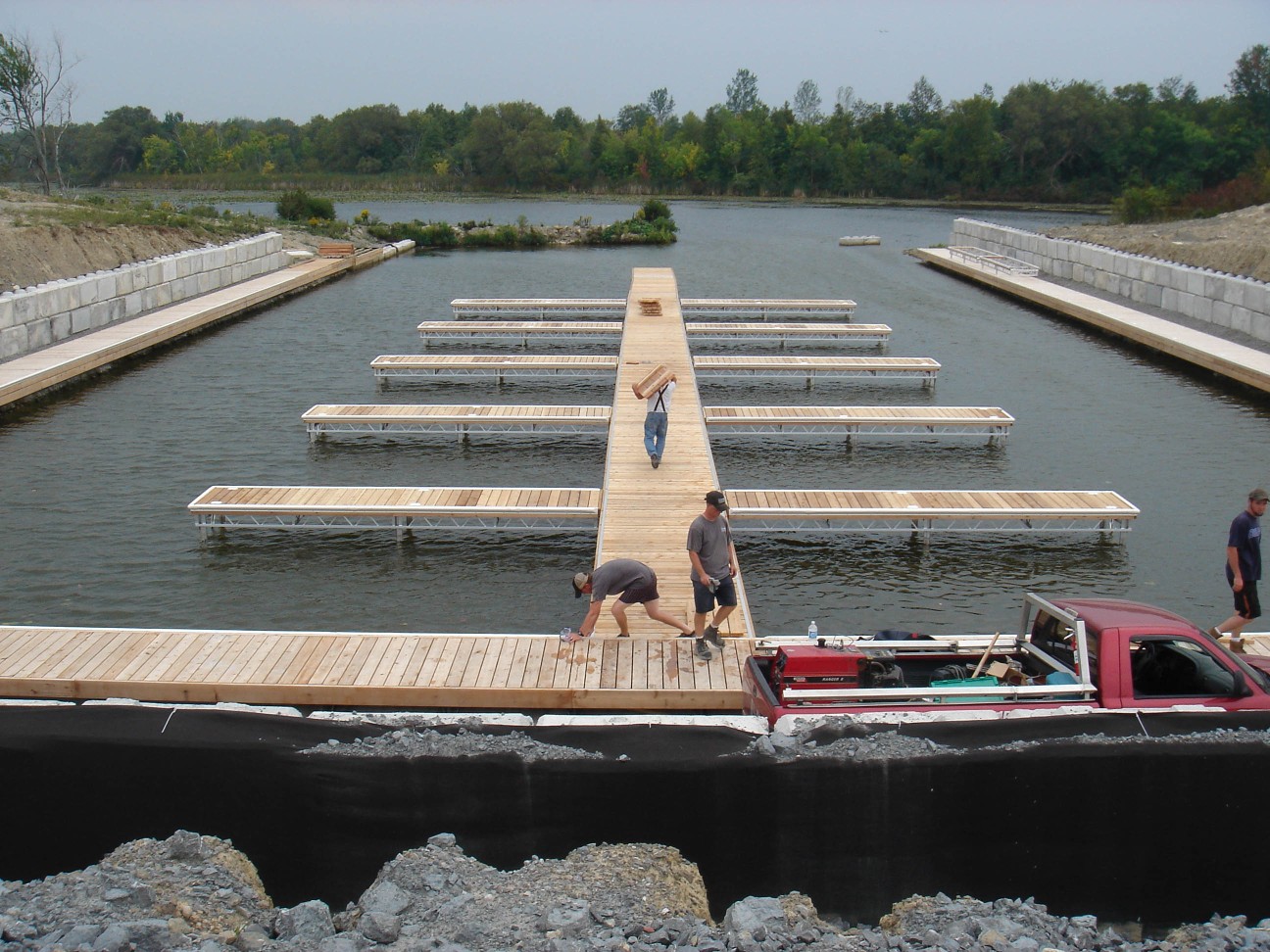Commercial dock construction plays a crucial role in the efficient operation of businesses located on the waterfront. Docks are essential structures that provide a connection between land and water, allowing for the smooth transportation of goods, materials, and people. In this article, we will explore the significance of commercial dock construction and how it enhances business operations on the waterfront.
Importance of Commercial Docks
Commercial docks serve as the lifeline for businesses that rely on water transportation for their operations. Whether it’s for shipping goods, receiving supplies, or providing access to water-based activities, commercial docks are essential for a wide range of industries such as shipping, fishing, tourism, and more. Without well-constructed docks, businesses would struggle to function effectively and efficiently.
Enhancing Business Operations
Investing in high-quality commercial dock construction can significantly enhance business operations on the waterfront. By having sturdy and well-designed docks, businesses can streamline their logistics, improve turnaround times, and increase overall productivity. Efficient dock facilities enable quick and safe loading and unloading of cargo, which is essential for meeting customer demands and deadlines.
Increased Safety and Security
Another key benefit of commercial dock construction is the enhancement of safety and security measures. Well-constructed docks are equipped with safety features such as railings, lighting, and non-slip surfaces to prevent accidents and injuries. Security measures such as surveillance cameras and access control systems can also be integrated into the dock infrastructure to protect against theft and unauthorized access.
Environmental Considerations
When planning and constructing commercial docks, it is crucial to take into account environmental considerations to minimize impact on the surrounding ecosystem. Sustainable construction practices, such as using eco-friendly materials and implementing erosion control measures, can help preserve the natural habitat and ensure long-term environmental sustainability. Additionally, incorporating features like water filtration systems and wildlife-friendly structures can further enhance the ecological value of the docks.
Technological Advancements
Advancements in technology have revolutionized the design and construction of commercial docks, making them more efficient and environmentally friendly. Innovations such as automated cargo handling systems, remote monitoring sensors, and renewable energy solutions have transformed the way docks operate. These technological advancements not only improve operational efficiency but also reduce energy consumption and greenhouse gas emissions, making docks more sustainable in the long run.
Case Studies
Several successful case studies demonstrate the positive impact of commercial dock construction on business operations. For example, a shipping company that invested in upgrading its dock facilities experienced a significant increase in throughput and a reduction in shipping times. Similarly, a fishing industry that implemented modern dock infrastructure saw improvements in fish handling processes and overall profitability. These real-life examples highlight the importance of investing in commercial dock construction for enhancing business operations.
Conclusion
In conclusion, commercial dock construction plays a vital role in enhancing business operations on the waterfront. By investing in well-designed and sustainable dock facilities, businesses can improve efficiency, safety, and environmental responsibility. The integration of technological advancements further enhances the capabilities of commercial docks, making them more resilient and productive. As businesses continue to expand their operations on the waterfront, the construction of high-quality docks will be essential for supporting growth and success in the maritime industry.
